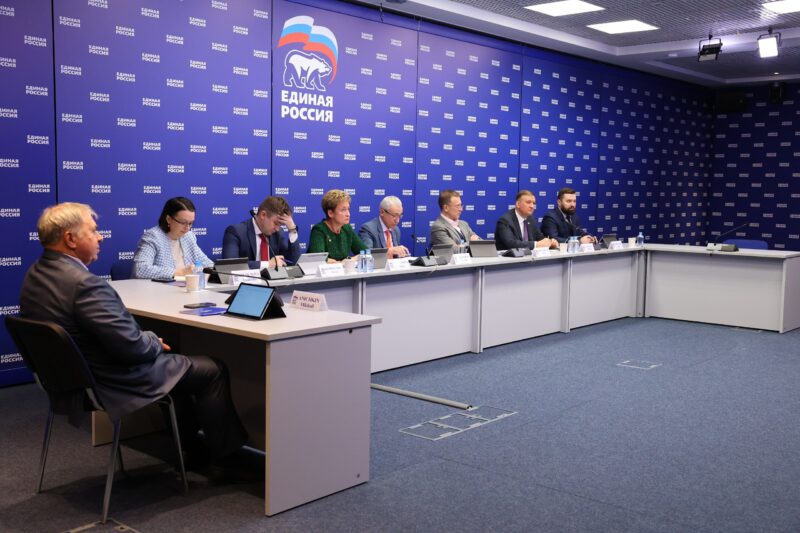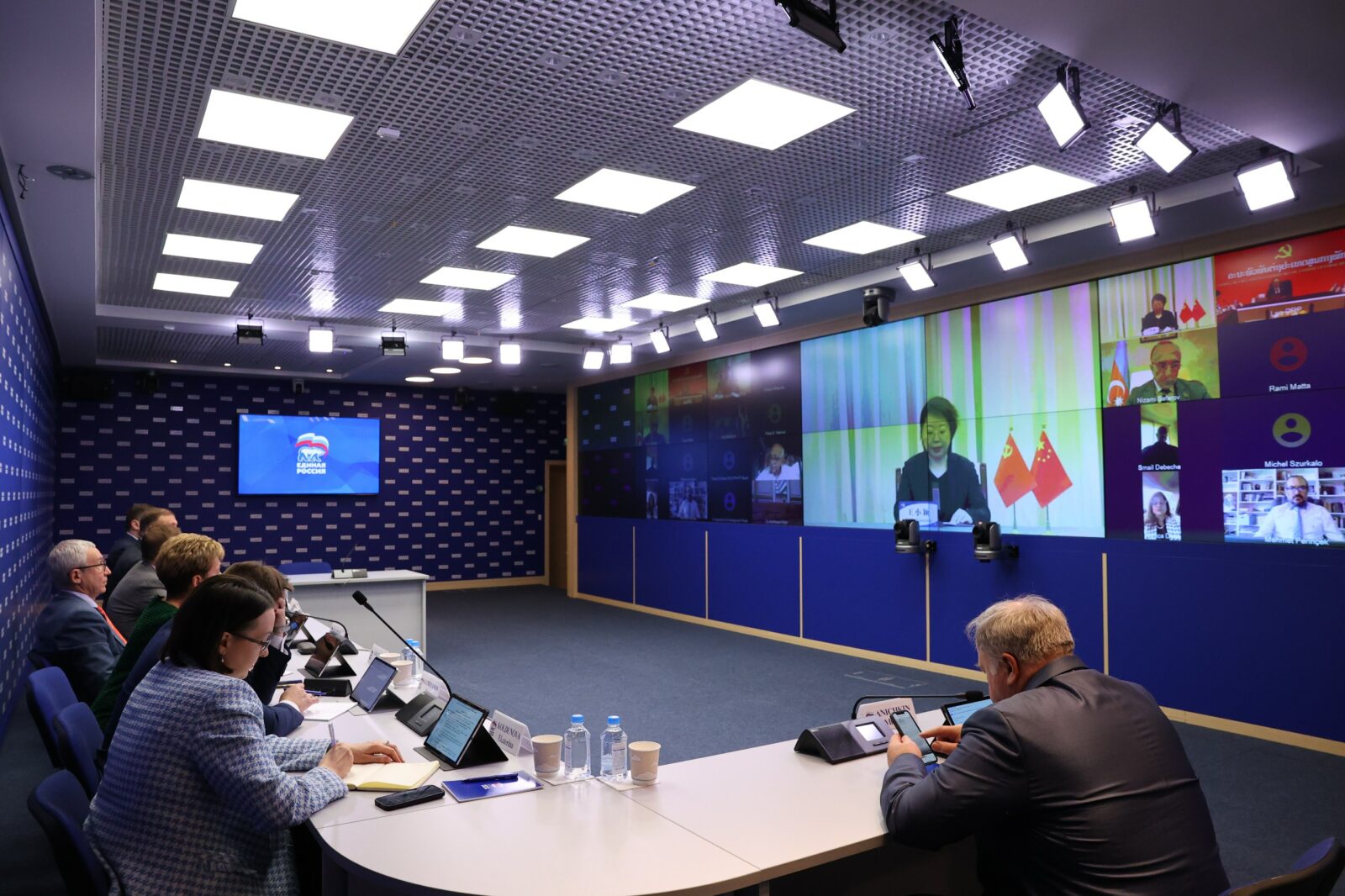The first meeting of the Expert Council of the Standing Committee of the Forum of supporters of the struggle against modern practices of neocolonialism ‘For Freedom of Nations!’ was held upon invitation and under auspices of United Russia, the country’s governing political party, on 17 December 2024. More than 30 experts from Eurasia, Africa and Latin America attended the first workshop. From Türkiye, Mehmet Perinçek, representative of the Vatan Party in Russia and author of United World International, attended the meeting. (We will publish Perinçek’s speech separately in the coming days.)
The Expert Council in 2025 will work on the creation of regional and functional sections, including those dedicated to political-legal, economic, cultural-humanitarian and informational issues of neo-colonialism. In addition, it is planned to form temporary working groups to prepare specialised reports, said Andrei Klimov, a member of the Bureau of the Supreme Council of United Russia, deputy chairman of the Standing Committee of the Movement for Freedom of Nations!’ Andrei Klimov.
‘More than 100 experts from more than 50 countries (Türkiye, India, Laos, Myanmar, Indonesia, Algeria, Zimbabwe, South Africa, Serbia, Nicaragua and others – ed.) have already expressed interest in participating in the Expert Council,’ he said.
Irina Abramova, Director of the Institute of African Studies at the Russian Academy of Sciences, said it was necessary to follow a historical approach when studying neo-colonialism and linked the colonial practices of ‘effacing the human being’ of former metropolises in relation to their colonies and the current situation of the states of the Global South.
Wang Xiaoying, Deputy Head of the Modern World Research Centre of the International Department of the Central Committee of the Communist Party of China, noted the efforts of the Global South to promote a model of peaceful development based on the principles of independence, equality and sovereignty.

Nizami Safarov, deputy chairman of the revision commission of the Yeni Azerbaijan Party, stressed the importance of promoting the completion of the decolonisation process, including in the context of achieving the independence of non-self-governing territories from the relevant UN list, as well as the legal definition of the term ‘crimes against humanity’ and its linkage to historical colonial practices.
Ashfaq Hassan Khan, Head of the Institute of Political Studies at the National University of Science and Technology, focused on the financial and economic aspects of neo-colonialism, including the use of the US dollar as a weapon against states undesirable to the US. He urged the members of the Expert Council to consider the prospects of expanding trade and economic co-operation directly among States of the Global South.
Peter Lidov-Petrovsky, Director of Communications and Public Relations at the Rossiya Segodnya news agency, stressed the particular importance of promoting decolonisation in the information space, namely fighting censorship used by Western states and the imposition of values alien to the states of Eurasia, Africa and Latin America.
Pilani Mthembu, Director of the Institute of Global Dialogue (South Africa), noted the high role of dialogue between political parties of the BRICS countries in consolidating humanity’s efforts to eradicate neo-colonial practices, and praised the efforts of United Russia to hold an International Inter-Party Forum in June 2024 in Vladivostok in the format of ‘BRICS and Partner Countries’.

















Leave a Reply